News
-
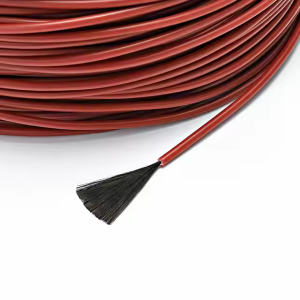
What is the difference between carbon fiber heating wire and graphene heating sheet?
Read moreCarbon fiber heating wire is a semiconductor carbon fiber heating product. As we all know, heating wire is a traditional industry and a relatively unpopular industry. It is difficult to understand this category without contacting electric heating products. After decades of development and precipitation technology, carbon fiber heating wire is quite mature and stable, with […]
-
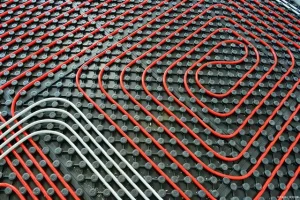
Electric heating cable insulation solution
Read moreIn the cold winter, whether it is industrial production or daily life, insulation and antifreeze are an issue that cannot be ignored. Especially in some key facilities and equipment, such as tanks, pipes, valves, etc., once freezing occurs, it will not only affect normal production and life, but may even bring serious safety hazards. As […]
-
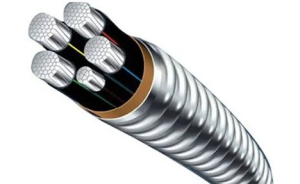
What are the 3 major differences between aluminum core cables and aluminum alloy cables?
Read moreAluminum core cables and aluminum alloy cables are widely used in power transmission and connection fields, but they have significant differences in many aspects. Here’s a closer look at the differences between the two: Material composition Aluminum core cable: Mainly composed of pure aluminum material, it is a combination of pure aluminum core wire, insulation material […]
-
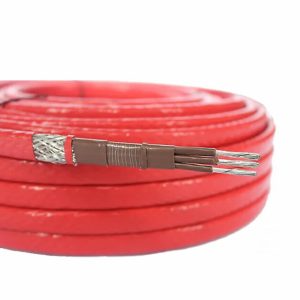
What are the 5 benefits of heating cable system?
Read moreNowadays, more and more people choose heating cable system. Here are its five major benefits. Create a good and comfortable environment: In late autumn and early winter and late winter and early spring, central heating in the north often does not start or has already ended, but the outdoor temperature is still relatively low at this time, and […]
-
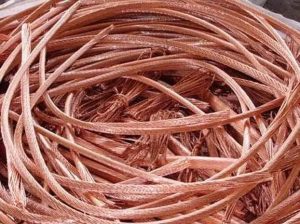
Do you know the production cost calculation formula for scrap copper rods?
Read moreA customer asked me to talk about scrap copper before. Today I will tell you about the production cost calculation formula for scrap copper rods. Because there are many factors to consider for scrap copper, and it is very complicated, I will just briefly talk about it here. If there are omissions or errors, please […]
-
High-voltage wires are so dangerous, why don’t they have insulation? Won’t they be powered on in rainy days?
Read moreThe voltage of our home wires is only 220V. As long as we wrap them with a thin layer of insulation to prevent them from contacting the live wire, we can prevent electric shock. The voltage of high-voltage wires is generally above 10,000 volts. If you want to wrap the line with an insulation layer, […]
-
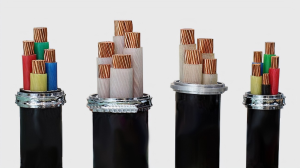
The difference between high-voltage cables and low-voltage cables and their application fields
Read moreIn modern society, cables play an indispensable role as an important tool for power transmission and information transmission. Among them, high-voltage cables and low-voltage cables are two common types of cables, and they have obvious differences in structure, application scenarios and voltage. This article will explore the difference between high-voltage cables and low-voltage cables in depth, […]
-
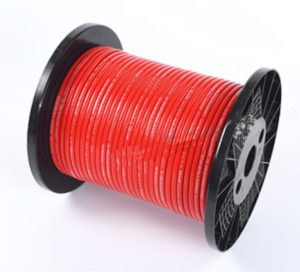
What are the selection and reasons for using electric heating wire for reactor insulation?
Read moreIn the chemical production process, the reactor is a common reactor, and various chemical reactions are often carried out inside it. Since most chemical reactions need to be carried out under specific temperature conditions, the temperature control of the reactor is required. In an environment with low temperature or when the reaction in the reactor […]
-
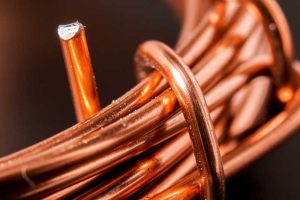
What is the full-process control method for anti-oxidation of cable copper conductors?
Read moreCopper has an atomic number of 29 and belongs to transition metals. Its density is 8.92g/cm³ and its melting point is 1083.4℃. It has good thermal and electrical conductivity. However, in humid air, the surface of metal copper reacts chemically with oxygen to generate Cu2(OH)2CO3, i.e. verdigris. Usually, copper oxidation in cable manufacturers often shows black […]
-
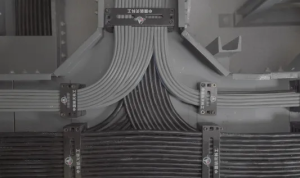
Do you know these common mistakes and dangers in cable use?
Read moreIn the process of cable installation and use, serious safety hazards are often caused by improper handling of some details. These mistakes often seem insignificant, but once an accident occurs, the consequences can be catastrophic. Below, the editor will summarize several common mistakes and dangers in cable use and installation, and analyze the dangers that these mistakes may cause. […]




